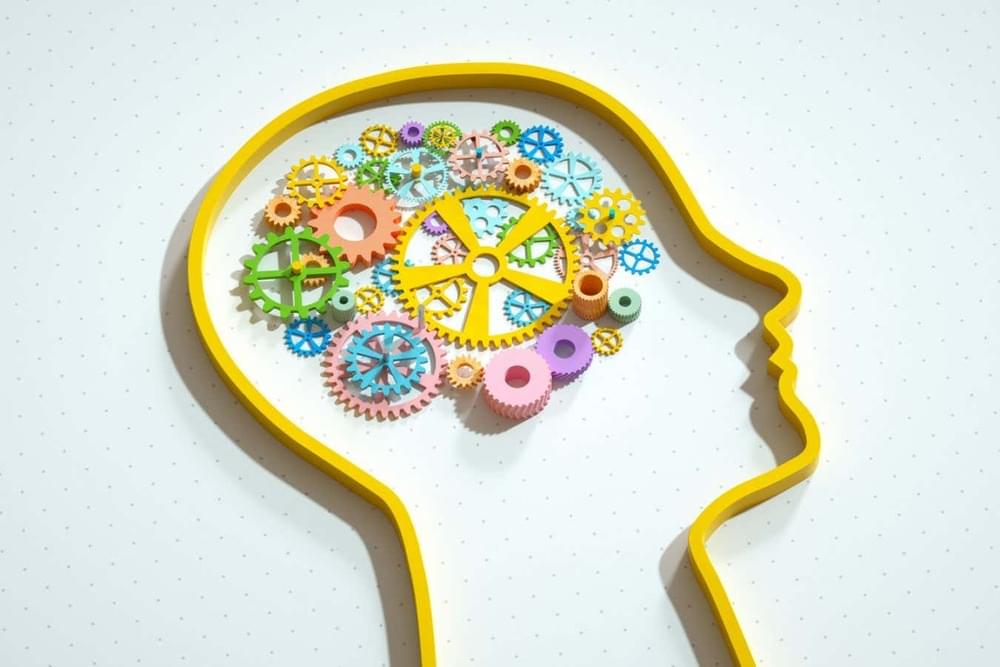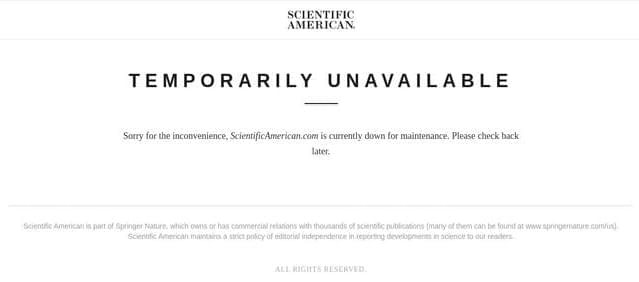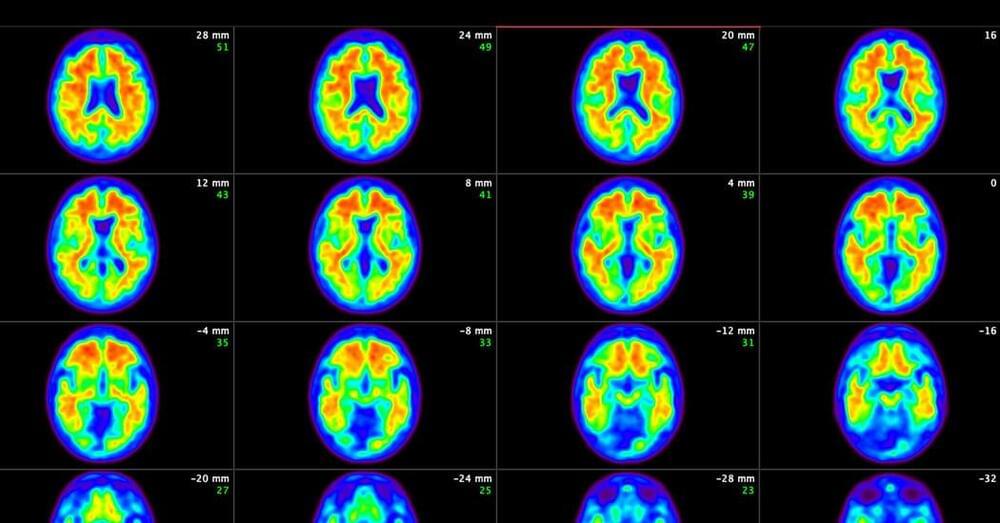A new way to understand where consciousness comes from and novel insights into subjective thought show that the hard problem of consciousness is worth persevering with.



A breakthrough study by the University of Washington.
Founded in 1,861, the University of Washington (UW, simply Washington, or informally U-Dub) is a public research university in Seattle, Washington, with additional campuses in Tacoma and Bothell. Classified as an R1 Doctoral Research University classification under the Carnegie Classification of Institutions of Higher Education, UW is a member of the Association of American Universities.

Unraveling the mystery of how catalytic organic polymers first appeared on prebiotic Earth will unlock key understandings in the origin of life.
Researchers from Tohoku University recently discovered a probable setting where the creation of catalytic organic polymers could occur. To make this discovery, they evaporated solutions of amino acids.
<div class=””> <div class=””><br />Amino acids are a set of organic compounds used to build proteins. There are about 500 naturally occurring known amino acids, though only 20 appear in the genetic code. Proteins consist of one or more chains of amino acids called polypeptides. The sequence of the amino acid chain causes the polypeptide to fold into a shape that is biologically active. The amino acid sequences of proteins are encoded in the genes. Nine proteinogenic amino acids are called “essential” for humans because they cannot be produced from other compounds by the human body and so must be taken in as food.<br /></div> </div>

Recombinant BjADAT2 and BjADAT3 were individually expressed in E. coli and purified, and their enzyme activities were tested by in vitro tRNA deamination assay (Supplementary Fig. 4). Neither BjADAT2 nor BjADAT3 showed any A-to-I editing activity, but BjADAT2, in complex with BjADAT3, could perform A-to-I editing of amphioxus tRNAVal(AAC), and the apparent first-order deamination rate constant (kapp) of tRNA deamination was 0.0287 ± 0.00219 min−1. Because the optimal RNA substrate for ADAT2 was the adenosines on the anticodon loop structure of tRNA, we wondered if BjADAT2 could mediate DNA deamination in a structure-specific fashion. Thus, we compared the deamination efficiency of BjADAT2 on DNA hairpin structure substrates (i.e., hpDNA-A and hpDNA-C, containing a single adenosine or cytidine in the loop region, respectively) and single-stranded linear structure substrates (i.e., ssDNA-A and ssDNA-C, containing a single adenosine or cytidine in the substrates, respectively). As shown in Fig. 3, both adenosine deamination of hpDNA-A and cytidine deamination of hpDNA-C were clearly observed under BjADAT2 treatment, and the change of the hairpin substrates to linear substrates resulted in about a threefold decrease in adenosine-and cytidine-deamination ratios. By contrast, no product band was seen in the lane of hpDNA-G or hpDNA-T treated with BjADAT2. Moreover, the BjADAT2-E58A protein purified in the same way as BjADAT2 showed no deamination activity (Supplementary Fig. 5f, g), ruling out the possibility that the observed deamination activity of BjADAT2 arose from a contaminant in the recombinant protein samples. In addition, BjADAT2-mediated adenosine-and cytidine deamination was inhibited by deoxycoformycin (DCF), an adenosine deaminase specific inhibitor, or tetrahydrouridine (THU), a cytidine deaminase specific inhibitor, or 1,10-o-phenanthroline, a zinc chelator. These indicated that BjADAT2 deaminated adenosine and cytidine in a zinc-dependent manner.
The kapp of BjADAT2-induced hpDNA-A deamination (0.00206 ± 0.00019 min−1) was comparable with that of ABE7.10-induced DNA adenosine deamination (0.0010 ± 0.00030 min−1)22. We compared the kinetics of BjADAT2-induced DNA deamination of the hairpin substrates and the linear substrates. The kapp was sixfold higher for the hpDNA-A substrate than for the ssDNA-A substrate (0.00032 ± 0.00004 min−1). Similarly, the kapp was 24-fold higher for hpDNA-C (0.00801 ± 0.00037 min−1) than for ssDNA-C (0.00033 ± 0.000026 min−1) (Fig. 3e). These data together indicated that BjADAT2 preferentially deaminates adenosines and cytidines in the hairpin loop of substrates.
It was known that ADAT3, as a non-catalytic subunit, served a structural role in the adenosine deamination of tRNA10,23. To date, only trypanosome ADAT2 was shown to be able to deaminate cytosines of DNA in the presence of ADAT3 in vitro6, but the specific role of the ADAT3 subunit in this DNA editing reaction was unclear. We demonstrated here that BjADAT3, though lacking catalytic function, could enhance the deamination activity of BjADAT2 toward hairpin structure substrates, including hpDNA-A and hpDNA-C (Fig. 3a, b). This was also supported by the results of kinetic analysis (Fig. 3e), which showed that the kapp of hpDNA-A deamination of BjADAT2/BjADAT3 complex (0.01092 ± 0.00062 min−1) was 5.3-fold higher than that of BjADAT2 alone, and the kapp of hpDNA-C deamination by the complex (0.01066 ± 0.00083 min−1) 1.3-fold higher than that of BjADAT2 alone. On the contrary, the kapp of ssDNA-A deamination of BjADAT2/BjADAT3 complex (0.00016 ± 0.

“For decades Isaac Newton gave us this vision of a universe where space and time is fixed, and every clock across the universe ticks at exactly the same rate. Then Einstein shattered this vision by proposing that time is actually rubbery and relative,” says Geraint Lewis, an astrophysicist at the University of Sydney and lead author of the study. “Now we’ve shown that Einstein was, once again, correct.”
The Einsteinian concept of time running slower in the early universe arose in the late 1920s as astronomers were discovering cosmic expansion. Galaxies in the sky were found to be flying away from the Milky Way at high speed, swept along by the ceaselessly growing void—and the farther off they were, the faster they flew. This not only meant that the universe was once much smaller and denser—arising in a “big bang” from some compact, primordial point—but also that the most distant galaxies visible to us should be receding at close to the speed of light.
According to Einstein’s special and general theories of relativity, both circumstances alter the flow of time. As light from one of those far-distant galaxies travels from the heavier gravitational grip of the deep, dense early cosmos and across the continuously expanding universe, it must traverse increasingly greater expanses of space to reach Earth. Consequently, time becomes stretched in a phenomenon known as time dilation: a clock running 10 billion years ago would tick at a normal rate to an observer from that time, but from the perspective of someone today, it would appear to be ticking much slower.

Researchers have developed an advanced dielectric capacitor using nanosheet technology, providing unprecedented energy storage density and stability. This breakthrough could significantly enhance renewable energy usage and electric vehicle production.
A research group, led by Nagoya University.
Nagoya University, sometimes abbreviated as NU, is a Japanese national research university located in Chikusa-ku, Nagoya. It was the seventh Imperial University in Japan, one of the first five Designated National University and selected as a Top Type university of Top Global University Project by the Japanese government. It is one of the highest ranked higher education institutions in Japan.


Go to https://brilliant.org/IsaacArthur/ to get a 30-day free trial + the first 200 people will get 20% off their annual subscription.
After over half a century, it is time to return to the Moon, and use its vast resources as a bridge to countless new worlds.
Visit our Website: http://www.isaacarthur.net.
Join Nebula: https://go.nebula.tv/isaacarthur.
Support us on Patreon: https://www.patreon.com/IsaacArthur.
Support us on Subscribestar: https://www.subscribestar.com/isaac-arthur.
Facebook Group: https://www.facebook.com/groups/1583992725237264/
Reddit: https://www.reddit.com/r/IsaacArthur/
Twitter: https://twitter.com/Isaac_A_Arthur on Twitter and RT our future content.
SFIA Discord Server: https://discord.gg/53GAShE
Listen or Download the audio of this episode from Soundcloud: Episode’s Audio-only version: https://soundcloud.com/isaac-arthur-148927746/lunar-mining-processing-refining.
Episode’s Narration-only version: https://soundcloud.com/isaac-arthur-148927746/lunar-mining-p…ation-only.
Credits:
In Situ Resource Utilization: Lunar Mining, Processing & Refining.
Episode 402, July 6, 2023
Produced, written & narrated by: isaac arthur.
Editors:
